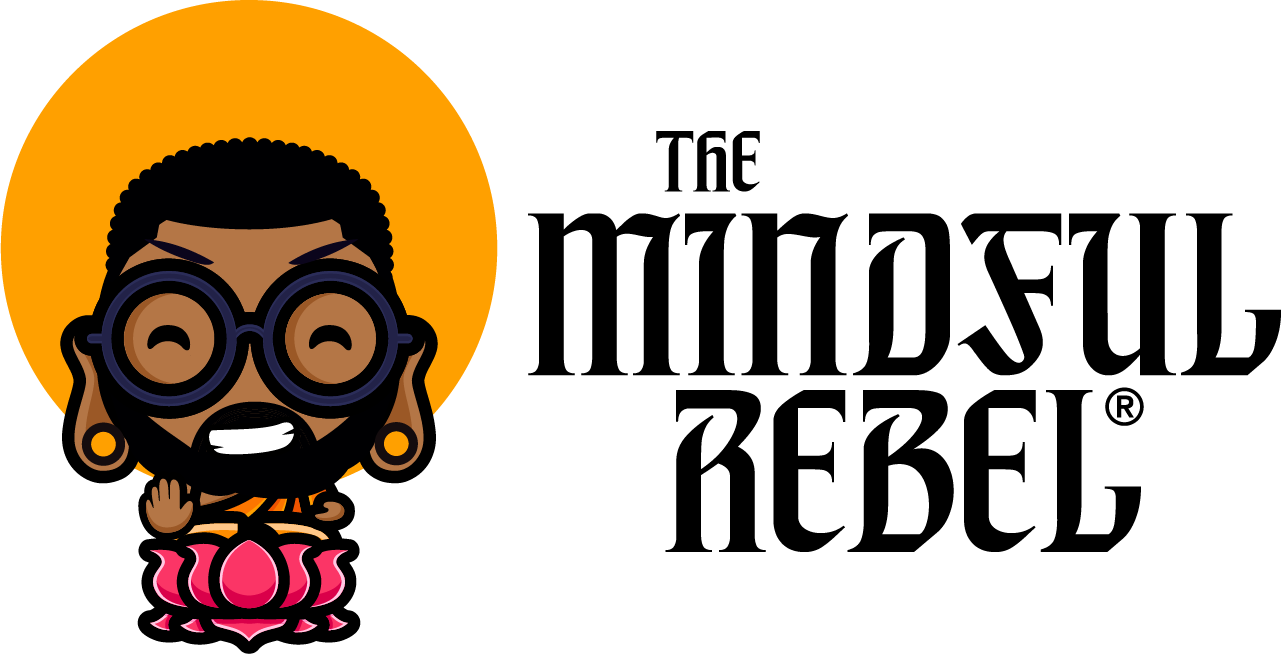My Experience with Antidepressants, as a Black, Queer Man in the Wellness Space
Antidepressants Deepened My Buddhist Practice
I'm reflecting on a journey that began just over a year ago—my experience with antidepressants. It's a path that has been filled with challenges, revelations, and ultimately, growth. As a black, queer man working in the wellness industry, my relationship with antidepressants has been complex, to say the least. I share this story now, during National Suicide Prevention Month, in hopes that it might resonate with others who are struggling and remind them that they are not alone.
The Decision to Start
The decision to start taking antidepressants wasn't an easy one. As someone who holds space as a meditation teacher, sound healer, and yoga instructor, I felt an immense pressure to "have my shit together." There was a voice in my head constantly whispering, "You're supposed to be helping others find peace, clarity, and freedom. How can you do that if you can't even manage your own mental health?"
This internal dialogue led to a deep sense of shame. I felt like a fraud, like I was failing not only myself but also the people who looked to me for guidance. It took time for me to realize that this shame was not only unfounded but also harmful.
Breaking Through Stigma
The stigma surrounding mental health, particularly in the black and LGBTQ+ communities, is real and pervasive. It keeps many of us from admitting we need help, from reaching out when we're struggling. I found myself caught in this web of silence, afraid to speak about my struggles for fear of judgment or loss of credibility in my professional life.
But here's the truth I've come to embrace: seeking help is not a sign of weakness. It's an act of self-care, of self-love. It takes tremendous strength to acknowledge when we need support and to take steps to get that support. Whether it's therapy, medication, or any healing modality that feels right for you, getting help is okay. More than okay—it's necessary and brave.
The Reality of Antidepressants
I want to be clear: antidepressants are not some magic happy pill. They didn't suddenly make all my problems disappear or turn me into a beacon of constant joy. What they did do was provide a foundation, a baseline of stability from which I could begin to address my mental health more effectively.
As a practitioner of Buddhism, I've long been familiar with the concept of sitting with one's suffering, of observing it without judgment. However, before antidepressants, the intensity of my depression and anxiety often overwhelmed me, making it difficult to maintain that seat of the observer. The medication changed this dynamic in a profound way. It didn't eliminate my suffering, but it created a buffer, a space between me and my experiences. This space allowed me to sit with my suffering in a way that I could witness it, without being consumed by it.
Even with medication, I found that I still needed to explore and maintain other care practices for emotional and mental regulation. Meditation, yoga, sound healing—the very practices I teach others—became even more crucial in my personal journey, including prioritizing find teachers and spaces that I could experience and feel safe. Taking the steps to find a therapist that felt aligned with who I am as a person was important as well. The antidepressants didn't replace these ways of healing; rather, they worked in tandem with them, allowing me to engage more fully and consistently in my self-care routines.
Moving Forward
After a year of being on antidepressants, I've made the decision to begin tapering off. This decision wasn't made lightly, and it doesn't mean that the medication wasn't helpful or necessary. For me, it feels like the right next step in my journey.
I want to stress that this is a personal decision. It's not a statement on the value or necessity of antidepressants in general. For many people, long-term use of antidepressants is crucial for their wellbeing, and that's perfectly valid.
As I move into this next phase, I carry with me the lessons I've learned over the past year. I've learned that vulnerability can coexist with strength, that seeking help is an act of courage, and that my worth as a wellness professional isn't diminished by my own mental health struggles—if anything, it's enhanced by my firsthand understanding of these challenges.
To anyone out there struggling: your mental health matters. Your struggles don't make you any less valuable or capable. Seeking help, whether through therapy, medication, or other healing modalities, doesn't make you weak. It makes you human.
Whatever your journey looks like, I hope you give yourself the grace to seek the support you need, in whatever form that may take. As we observe National Suicide Prevention Month, let's continue to break down stigmas, share our stories, and remind each other that it's okay to ask for help. Your life matters, and there is always hope, even in the darkest of times.

